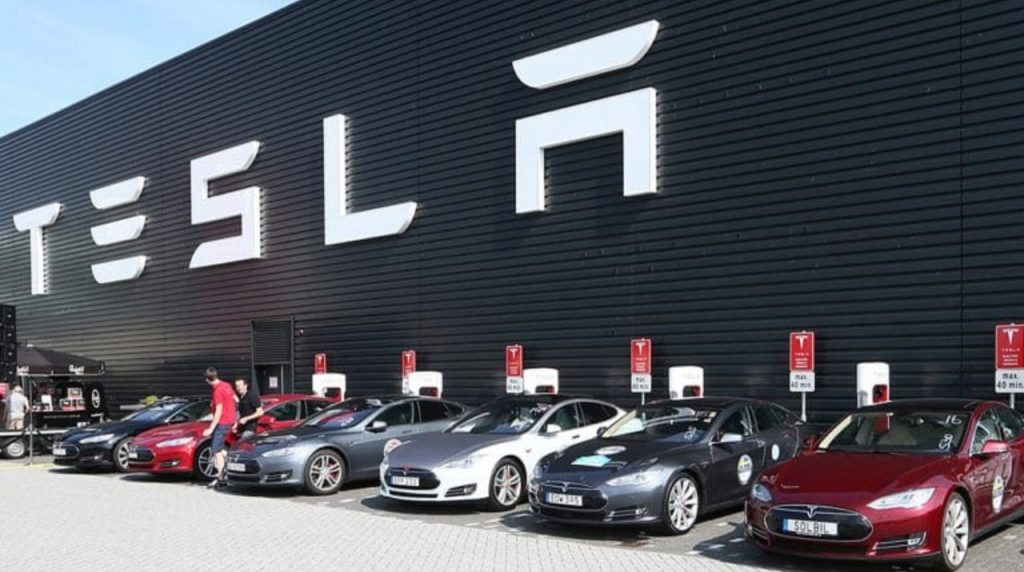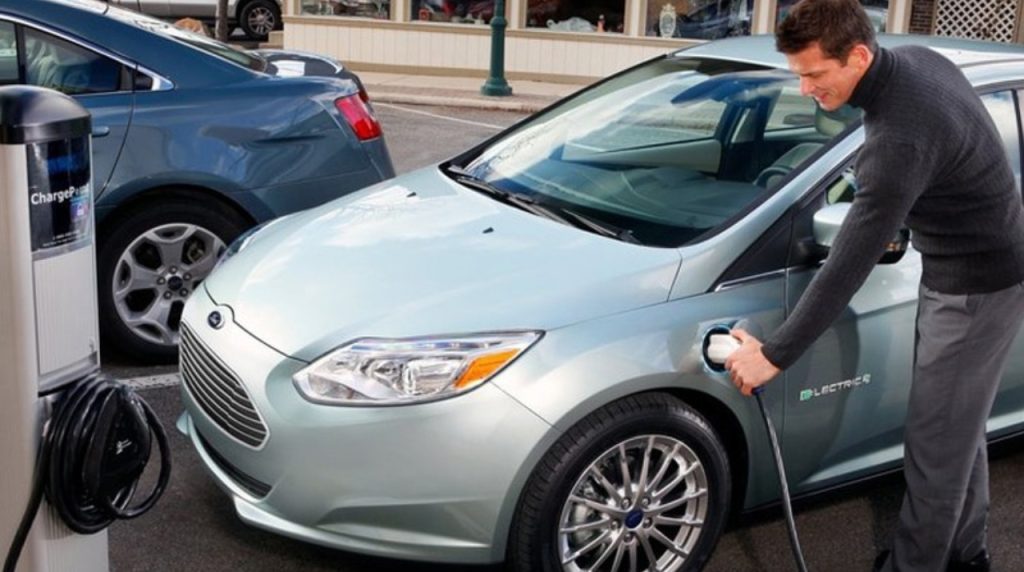
United States Surpasses Europe in Electric Vehicle Sales

The electric vehicle (EV) market in the United States has seen significant growth this year, surpassing Europe in quarterly sales for the first time.
An analysis by La Opinión newspaper points out that despite the European Union’s continued commitment to electrification and emissions reduction policies, the current reality of the EV market in Europe is more complex than expected, facing both economic and political challenges.
“While China remains the undisputed giant in EV production and consumption, unexpected growth in U.S. demand has captured the attention of manufacturers and industry experts around the world,” the publication details.
You may also read: The United States and Mexico Confirm Joint Efforts to Promote Mobility and Clean Energies

In the third quarter of the year, sales of electric vehicles in the United States reached 344,000 units, surpassing the 335,000 recorded in Europe.
Outlook for Europe
Over the past few years, demand for electric vehicles in Europe has experienced strong growth, thanks in large part to government incentives and sustainability policies.
However, the economic slowdown and inflation have impacted consumer purchasing power, leading to a drop in sales in some of the region’s largest markets. Germany, the country with the highest volume of EV sales in Europe, is the most notorious case.
In recent months, the German market has suffered alarming declines: a 70% reduction in August and a 28.6% contraction in September.
These figures in Germany have a considerable impact on the overall balance of the region, although some countries, such as Spain, the Netherlands, Belgium, Denmark and Italy, have shown a sustained increase in their electric vehicle sales, with increases varying between 30% and 50% so far this year.
In addition to economic difficulties, the automotive industry in Europe faces other obstacles, including political and trade tensions with China.
The European Union has imposed additional tariffs on electric vehicles imported from China, a measure that seeks to protect local manufacturers from competition with Chinese brands offering lower prices.





